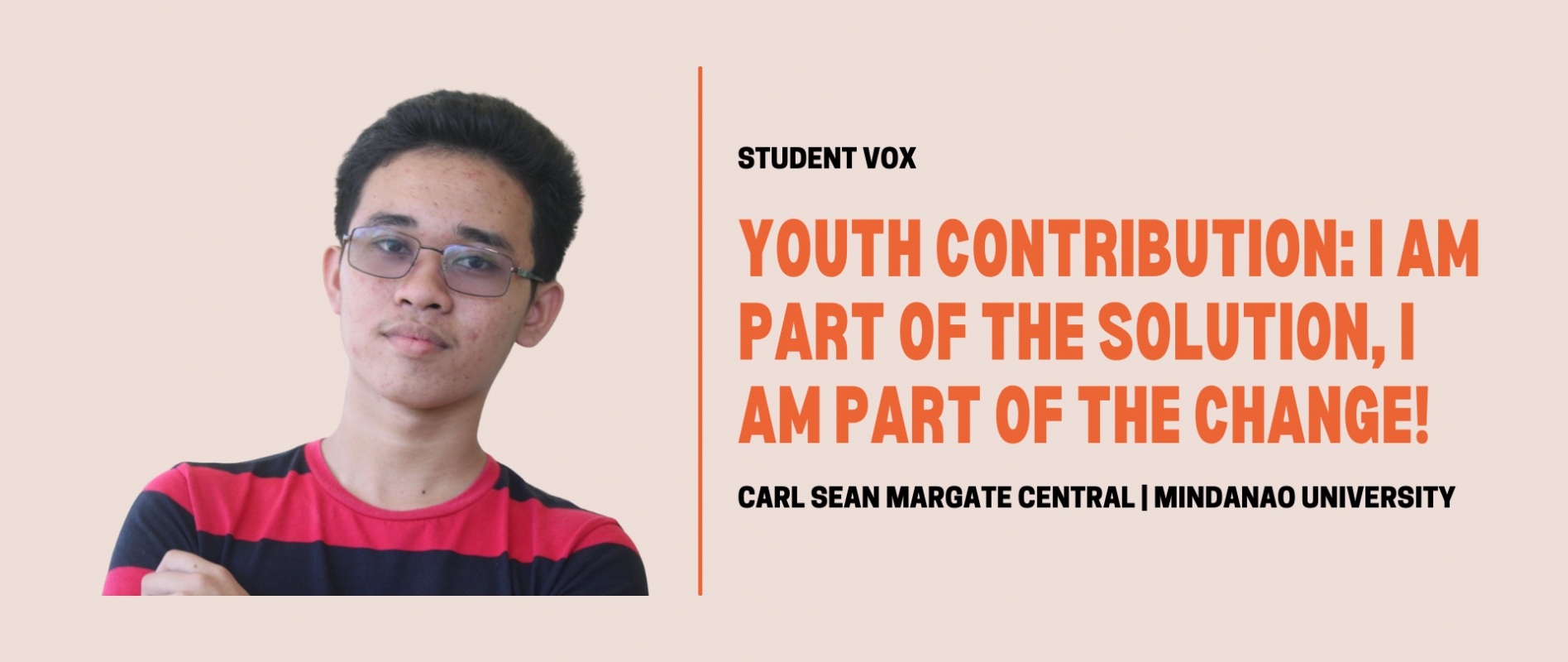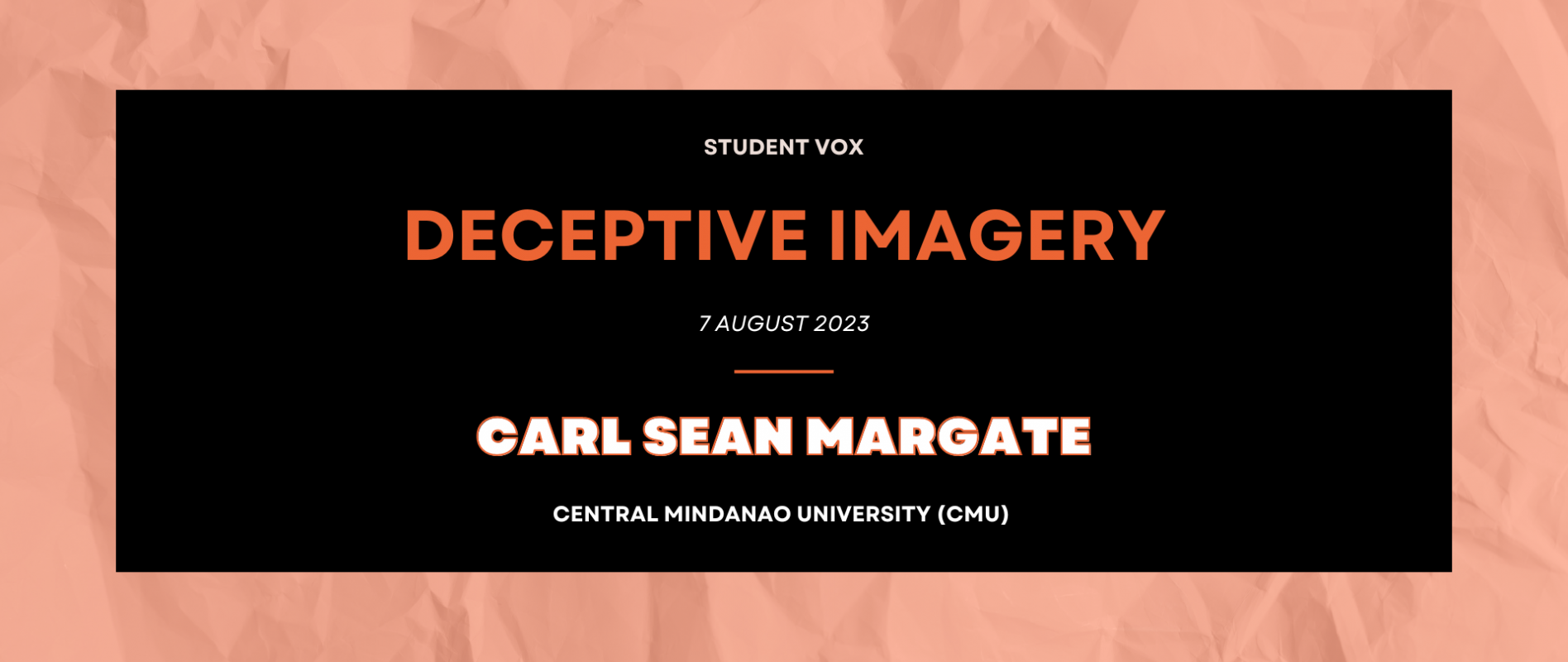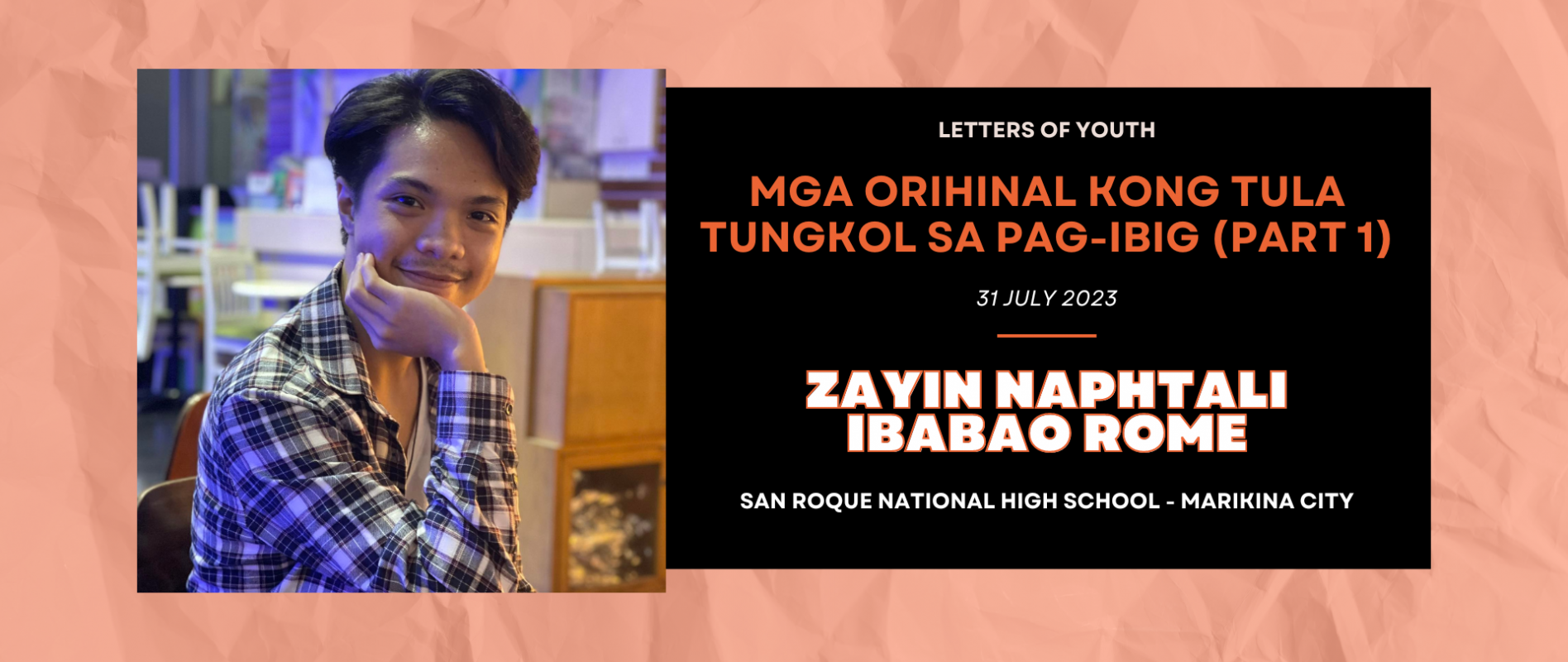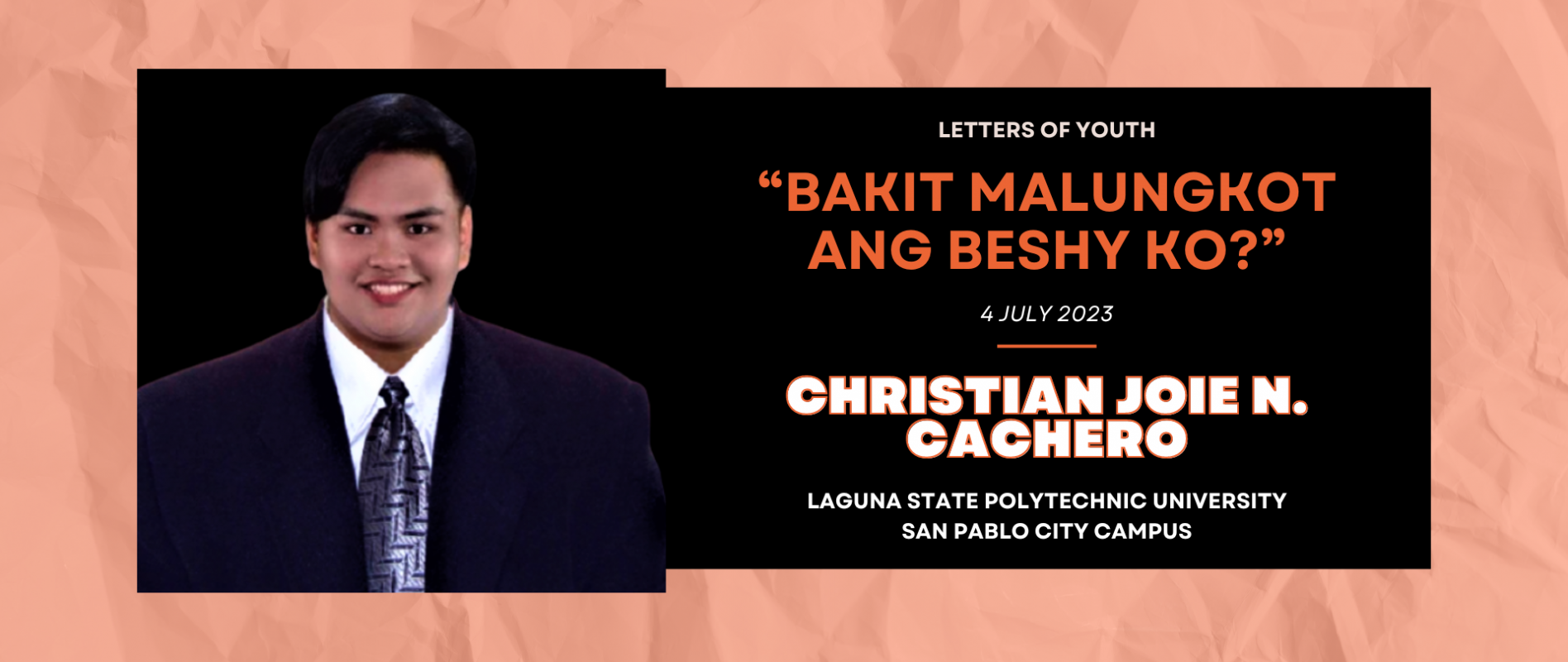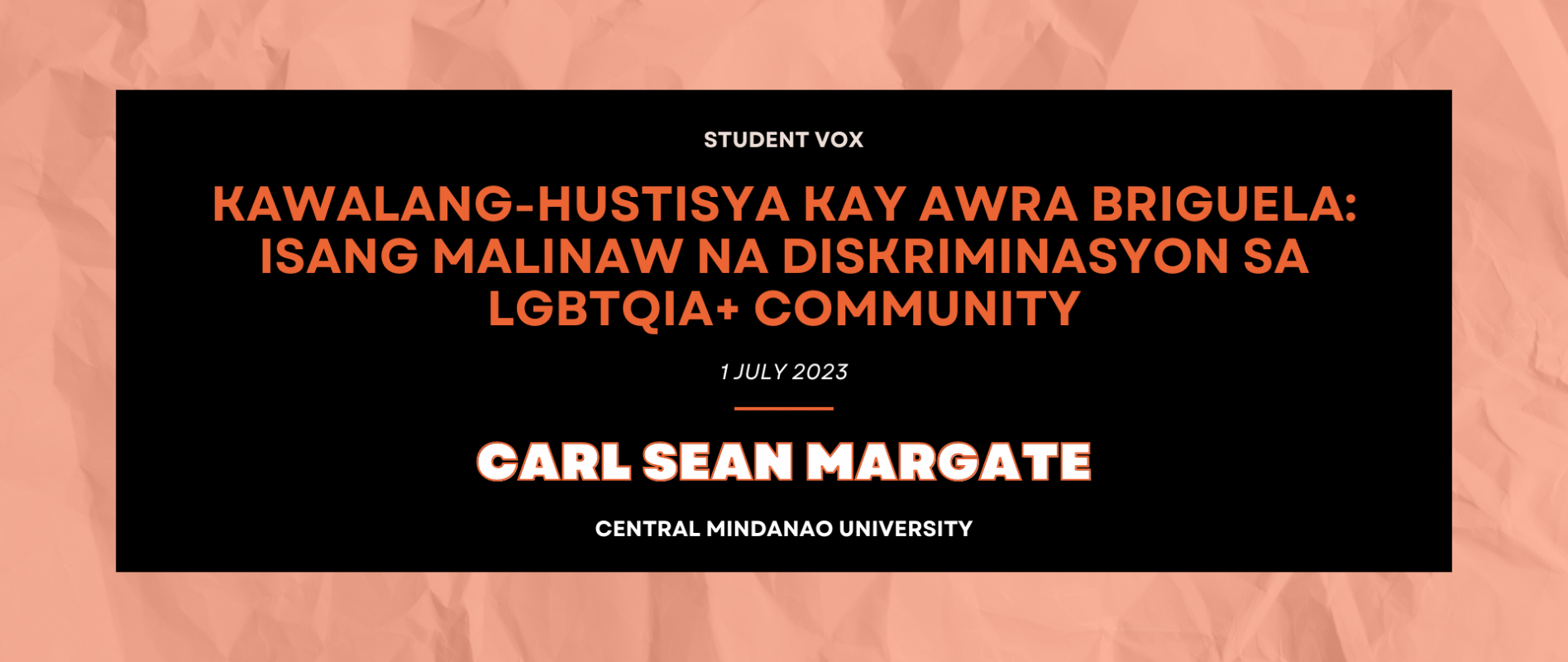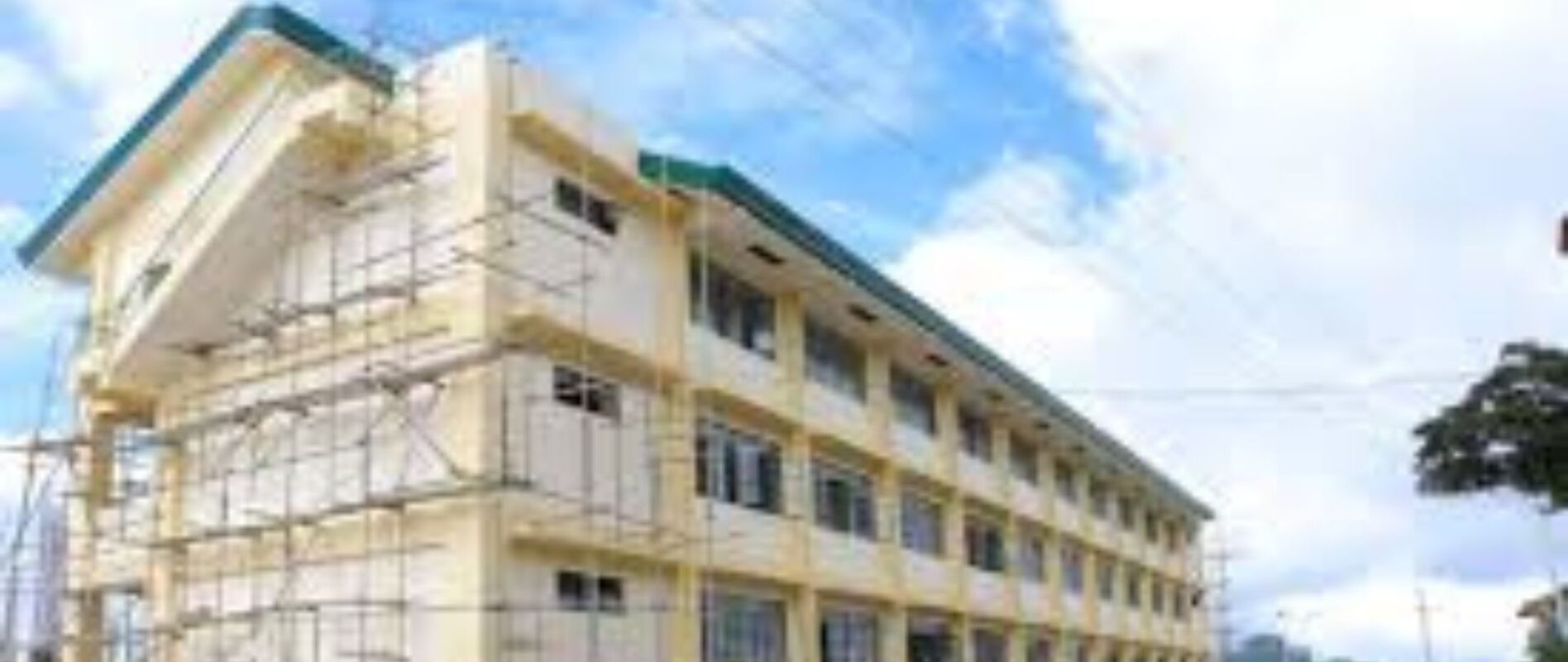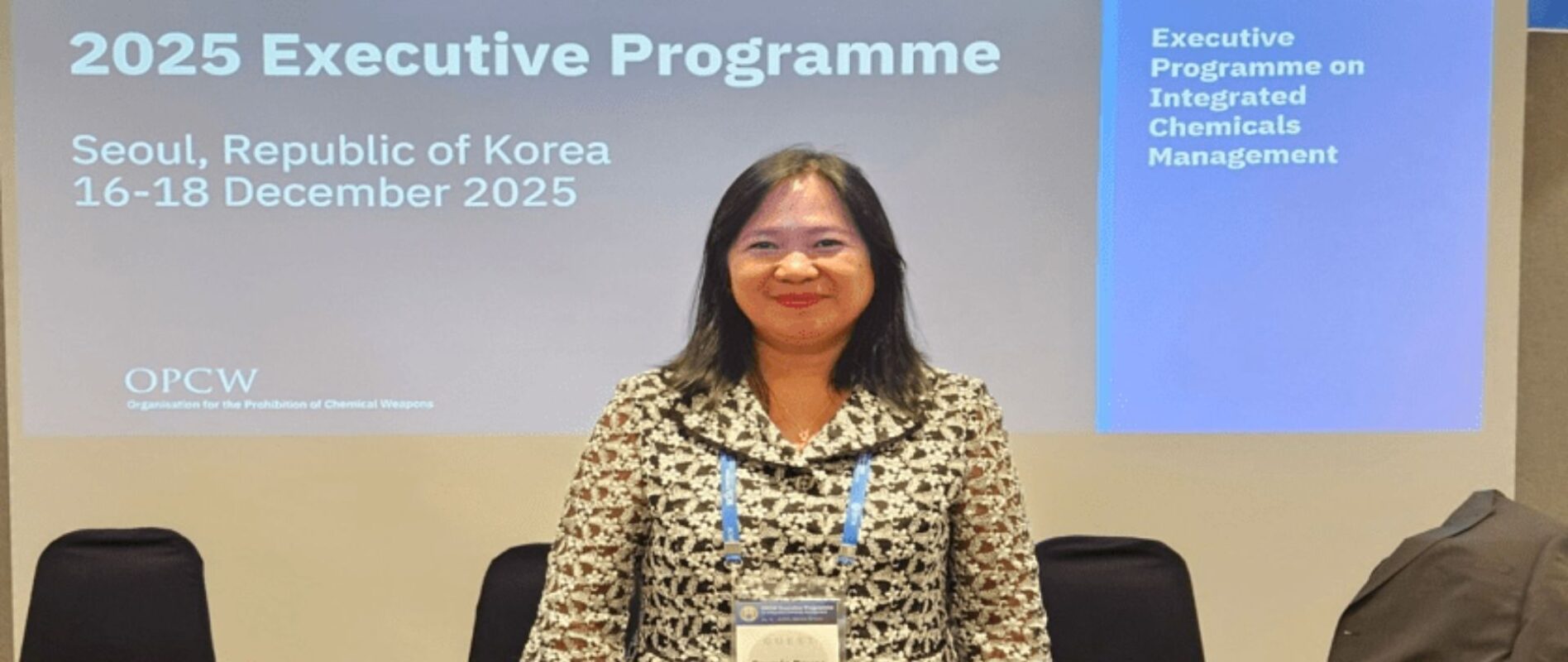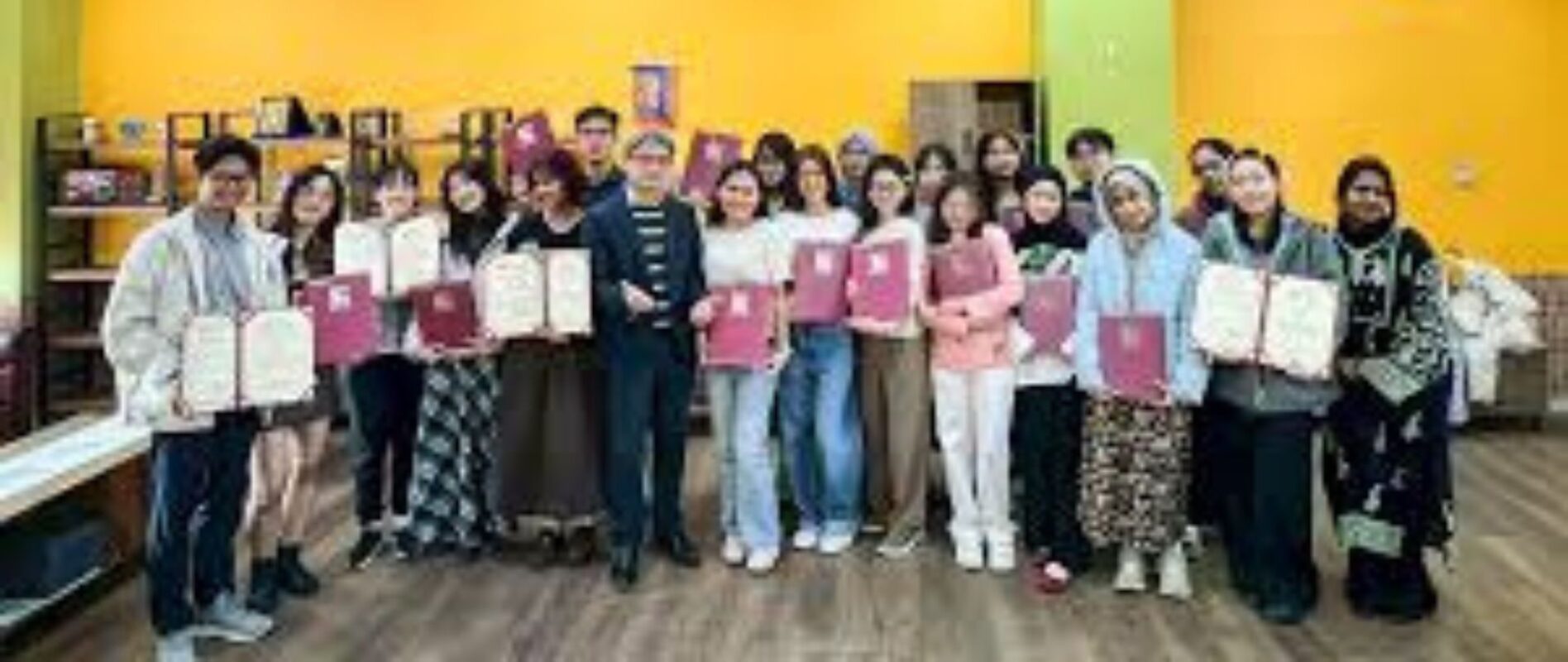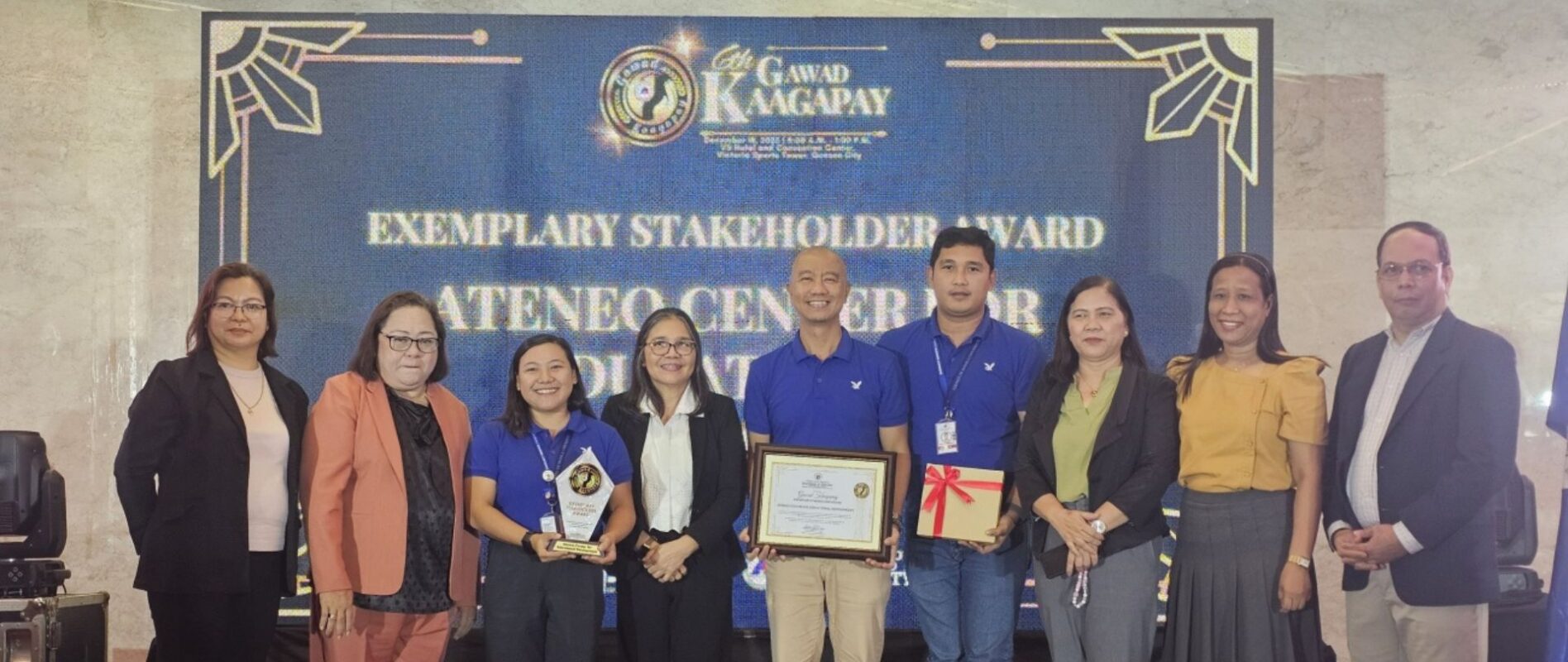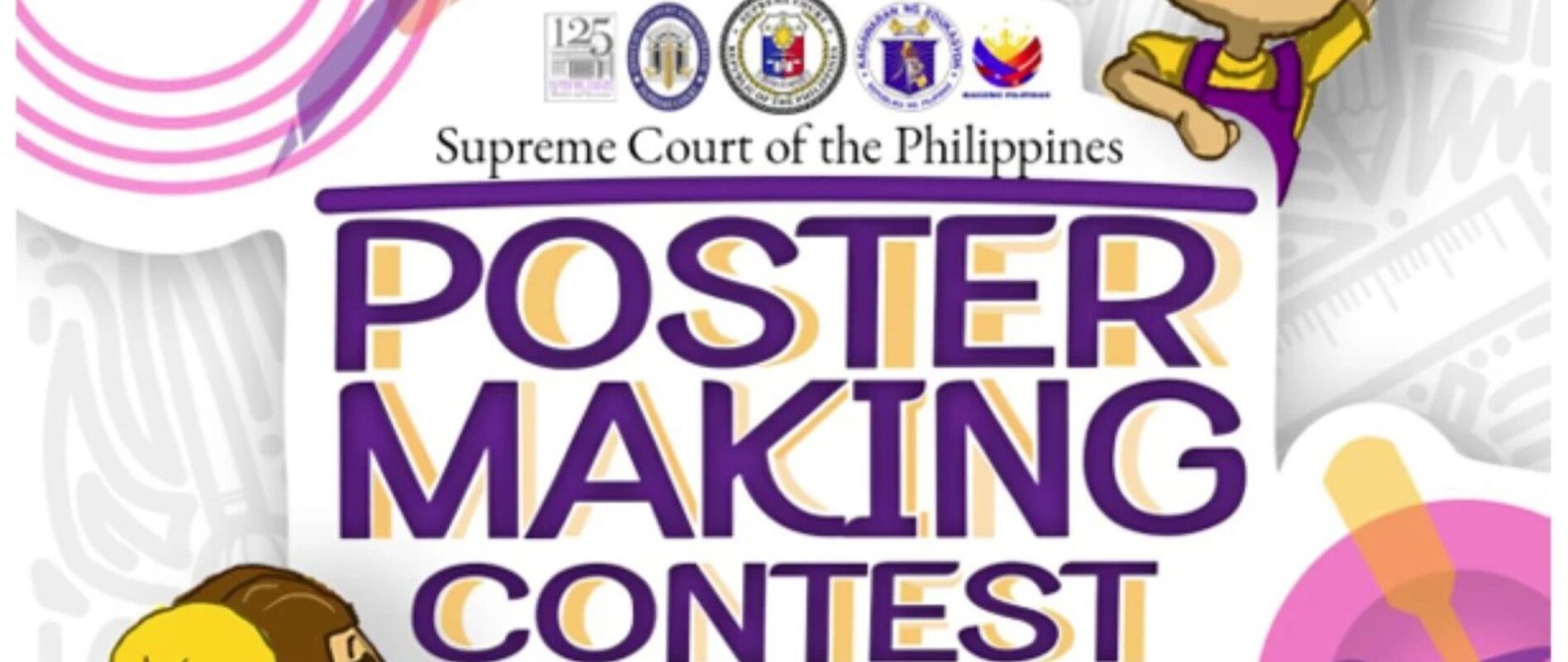YOUTH CONTRIBUTION: I AM PART OF THE SOLUTION, I AM PART OF THE CHANGE!

The clock is ticking. The world is changing. The problems have been coalescing. Will there be any hope or an answer in the midst of all of this?
The bloody crusade prompted by the local terrorist armed conflict has been a long standing feature of the Philippines, with two long-running insurgencies, and a variety of other sorts of conflict and bloodshed. As a result, the contemporary situation is complex and dynamic, with an increasingly splintered array of violent extremist organizations waging war and hostility. Over the years, the Philippines has fought terrorism in a variety of ways. It has used military force to act against terrorists, punished terrorists, prevented terrorist acts, adopted defensive measures, and addressed some of the roots of terrorism.
The terrorist threat has evolved in a brutal way, from homicides, kidnappings, and armed attacks in the past up until to growing use of improvised explosive devices in the last decade, and, more recently, a deadly increase in suicide bombers in the last few years. Six suicide attacks occurred in the country between July 2018 and November 2019, with evidence that other waves of explosives were planned but were thwarted.
Looking back from the casualties, On August 20 in the past year, Muslim militants allied with the Islamic State group detonated a powerful motorcycle explosive, followed by a suicide bombing, killing 14 soldiers and injuring 75 others. Union leader Nolven Absalon and his cousin Kieth, a former UAAP football juniors most valuable player, were killed in a bomb while biking along Barangay Anas in Masbate City on June 8, 2021. The event injured Nolven’s 16-year-old son. Not long after on June 26, another attack by New People’s Army (NPA) rebels in Lanuza, Surigao del Sur, which murdered a civilian, injured two others, and ruined millions of dollars in property, reveals their true identity as a terrorist organization, cruel murders, and extortionists. And recently on July 7 this year, troops and two militiamen were slain in an NPA raid in Jipapad, Eastern Samar. As a result, one soldier and two Civilian Armed Force Geographical Unit employees were killed (Cafgu). Six other Cafgu personnel were reportedly injured in the attack.
Furthermore, the current situation, in which COVID-19 is slowly deteriorating, has compounded the vulnerabilities of impoverished and conflict-affected populations, as well as their capacity to respond to other economic, social, and environmental shocks. Furthermore, violent extremists and terror organizations may take advantage of the crisis to enhance terrorist action. As a result, finding alternative and new means to sustaining the achievements of peace processes in the midst of instability is critical.
In other words, the Philippine government has made every effort to devise an effective counter-terrorism plan. Significant progress has been accomplished in the first three years of the present government, resulting in the successful negotiation and implementation of peace treaties with internal armed conflict groups. Along with the implementation of various peacebuilding measures, complementary interventions for the ongoing protection and development of conflict-affected and conflict-vulnerable communities were undertaken. However, this cannot be accomplished alone by the government sector; rather, a radical approach is required to assist our government in combating this local communist armed insurgency in order to create peace and security for all Filipinos.
As part of the youth, I truthfully believe that we can help the government’s national efforts to eliminate local communist armed conflict since we are far better positioned to foster a culture of tolerance and peace among our peers. We have skills in communication and mobilization that can be valuable in peacebuilding. Engaging and collaborating with youth as an effective and constructive partner remains a top goal in government policies, resilience, and capacity-building activities will further improve the performance of ending armed conflict.
Aside from that, because of our youthful energy and skills, as well as our readiness to respond to growing technological advancements, we may also function as mediators, community mobilizers, humanitarian workers, and peace negotiators. As with any complex community issue, activating youth potential demands a planned and long-term approach capable of promoting a just and lasting peace.
Within the challenging fluidity of post-conflict environments, which are nothing more than situations where the politics of war continue through various means, youth are the crucial movers for peacebuilding who will demonstrate tremendous ‘navigational skills’ in order to respond to such power dynamics. Our social, political, and economic navigation involves the alteration of our identities as well as the negotiation or re-negotiation of societal norms, values, and institutions in order to find a voice and a place in the evolving frameworks of post-conflict situations.
Apart from the constructive response to peacebuilding, the majority of the youth are more inclined in social media platforms, and we can use it as an effective tool in spreading relative information and important updates to the people in line with the government’s massive campaign to spur the development of the rural countryside so that barangays impoverished by the malevolent presence of the Communist Terrorist Group (CTG) can also experience the sustainable growth being enjoyed by communities who were able to expel them. As a result, we as a youth, will function as a watchdog for our society, thereby becoming an agent for positivism armed with holistic ideas guided by knowledge, skills, and great enthusiasm.
Young people will serve as agents of positive peace in addressing not only chaotic issues, but also systemic and cultural violence, as well as the larger mechanism of social transformation that transforms aggressive, patriarchal, and hierarchical systems, as well as actions, relationships, and attitudes, into more factors. Thus, as youth, we must use our full potential and ability to transform our country into peaceful communities capable of reaping the benefits of economic growth through improved access to social services and financial opportunities, as well as increased overall human development, without fear or threat to the lives and livelihoods of our fellow citizens.
Furthermore, we must act as a leader who promotes the government’s agenda and objectives. Like advocating and supporting the latest Anti-Terror Law or Republic Act No. 11479, which aims to prevent, prohibit, and prosecute terrorism in the Philippines. With this bill, we can assure that the state will acknowledge in combating terrorism necessitates a comprehensive approach that includes political, economic, diplomatic, military, and legal tools that take into account the core causes of terrorism without accepting them as grounds for terrorist and/or criminal activity. Such measures must include conflict resolution and post-conflict peacebuilding, as well as tackling the core causes of violence through strengthening governmental capacity and fostering equitable economic development.
Our goal should be to end the conflict and bring about reconciliation. Terrorism and violent extremism present a real chance for us to join together, integrate our actions and goals, and embrace an inclusive approach.
The clock is ticking. The world is changing. The problems have been coalescing. Will there be any hope or an answer in the midst of all of this? Yes, there is a living hope and answer above all of these through the collective efforts of the youth sector that will represent the future enrichment of our country that can develop the best of catholicity of uprightness, prudence, and unbolt the mind’s closet to the wider prospect of knowledge and openness, our input to any progress has a huge impact in achieving desired objectives for the country’s peace and security.
My fellow youngsters, this is our time to make a step and make a move. I am part of the solution! I am part of the change! So, how about you? Do you want to be a part of it?

